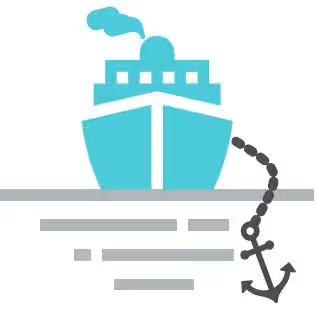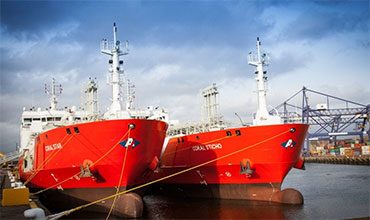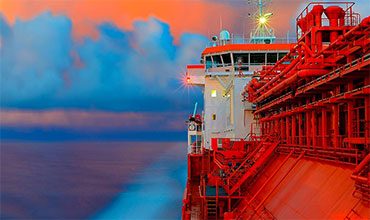Liquefied Petroleum Gas (LPG) carrying on LPG tanker
Liquefied Petroleum Gas (LPG) transportation on LPG tanker is a key component of the global energy distribution network. LPG, composed mainly of propane and butane, is transported in liquidize form to make it more compact and easier to handle.
Liquefied Petroleum Gas watercrafts are specialized vessels designed to safely transport liquidize gases under varying conditions. These steamships utilize three primary types of containment systems:
- fully pressurized;
- semi-pressurized;
- fully refrigerated.
Fully pressurized tanks transport Liquefied Petroleum Gas at high pressurize and ambient conditions, while semi-pressurized tanks operate at moderate pressures and climate. Fully refrigerated tanks, on the other hand, carry LPG at very low temperatures and atmospheric influence.
The design and construction of LPG tankers focus on protection and efficiency. These ships are built with materials that can endure the coldness and high influence associated with LPG carrying. They also feature advanced insulation to maintain the required temperature of the cargo. Security systems such as pressurize relief valves, gasoline detection systems and emergency shutdown mechanisms are crucial to prevent and manage potential leaks and other hazards.
Operational procedures are strictly regulated to ensure safe handling and shipping of LPG. These procedures include detailed guidelines for loading and unloading, managing boil-off gasoline and conducting regular emergency response drills. Compliance with these regulations, as outlined by the International Maritime Organization’s International Gas Carrier (IGC) Code, ensures that safety standards are consistently met worldwide.
In summary, Liquefied Petroleum Gas moving on specialized ships involves carefully regulated processes and advanced protection measures, making it a vital and reliable method for distributing liquefied petroleum gases globally.



